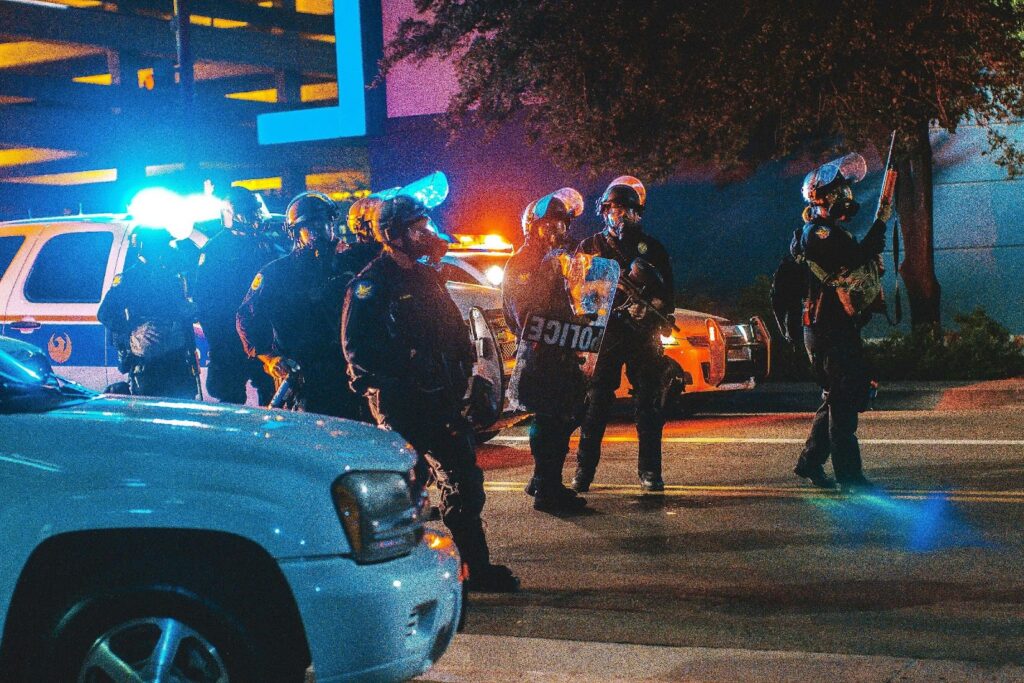In the immediate aftermath of a car accident, the flurry of action and uncertainty can overwhelm even the most composed individuals. Accidents can happen quickly, but the steps you take following the collision can have long-lasting implications on your legal and financial well-being. Standing at the intersection of legal know-how and swift action, this article equips you with the essential knowledge and strategies needed to navigate the post-accident landscape in Illinois. Keep reading to learn the crucial moves that could define your recovery journey.
Immediate Post-Accident Actions

Safety is the paramount concern in the moments following a car accident in Illinois. Individuals involved should ensure they are out of danger and check on the well-being of passengers and other parties involved. Once safety is secured, moving the vehicles out of traffic, if possible, is advisable to avoid further incidents.
Acquiring accurate documentation stands as a critical step after an accident. Victims should gather contact and insurance information from all individuals involved. Additionally, taking photographs of the scene, including vehicle positions and any visible damage, will serve as valuable evidence should there be a need for legal action.
Contacting law enforcement brings a level of official documentation to the incident. A police report provides an objective event account and may include insights into traffic law violations. This report can later play a significant role in resolving any disputes regarding the accident.
Immediately after a car accident in Illinois, consulting a personal injury lawyer can ensure that victims protect their rights, gather necessary evidence, and avoid common pitfalls in the incident’s aftermath. Prompt legal advice can guide persons through the complex claims and compensation process, setting a strong foundation for any required legal proceedings. A quick Google search, like “personal injury lawyers in Illinois,” can provide a starting point for finding experienced legal representation tailored to individual needs.
Navigating the Legal Process in Illinois

Embarking on the legal journey after a car accident in Illinois, victims may find the landscape complex and, at times, intimidating. One of the first milestones in this venture is the careful selection of legal representation, which can profoundly influence the outcome of their case. An adept attorney will steer their client through legal proceedings with expertise and personalized attention.
Filing a claim promptly is imperative as Illinois law imposes strict deadlines, known as statutes of limitations, on how long one has to initiate legal action. Missing these deadlines could result in losing the right to seek compensation, thus emphasizing the importance of swift action following an accident.
Once claimants begin the legal process, they should maintain open lines of communication with their chosen advocate. Providing detailed information and timely responses to one’s lawyer enables crafting a robust case, addressing each nuance with the requisite legal strategies.
Successful navigation through the legal system necessitates understanding the state’s comparative fault rules, which may affect the admissibility of compensation. Expert legal counsel will aid in presenting a strong argument that clearly articulates the circumstances of the accident and the client’s innocence in the matter.
Understanding Insurance and Compensation Options
Grasping the nuances of insurance coverage is pivotal for those seeking compensation after a car wreck. Illinois operates under a fault-based insurance system; thus, the party responsible for the accident bears liability for any damages sustained. Under this provision, individuals can claim repair expenses, medical bills, and even compensation for emotional distress.
Victims should contact their insurance providers to understand the scope of their policy coverage thoroughly. It’s crucial to ascertain whether their insurance protects underinsured or uninsured motorists, especially when the responsible party’s coverage falls short. This awareness can significantly impact the strategy for achieving fair compensation.
Negotiating with insurance companies can be challenging as these entities aim to minimize their payout. Engaging with them independently, without legal counsel, can leave individuals vulnerable to low-ball offers. On the other hand, enlisting legal support early in the process empowers claimants to negotiate settlements that more accurately reflect the impact of their losses.
Should negotiations reach an impasse, initiating a lawsuit might become the necessary course of action. The guidance of an experienced attorney during litigation can aid in illustrating the extent of damages before a judge or jury. Though more formal, this step may lead to compensation that aligns with the comprehensive repercussions of the incident.
Overall, the aftermath of a car accident in Illinois demands a blend of vigilance, prompt action, and informed decision-making to safeguard one’s rights and pursue fair compensation. By understanding the essential steps outlined in this guide and seeking timely legal guidance, individuals can navigate the complexities of the post-accident landscape with greater confidence and clarity.






